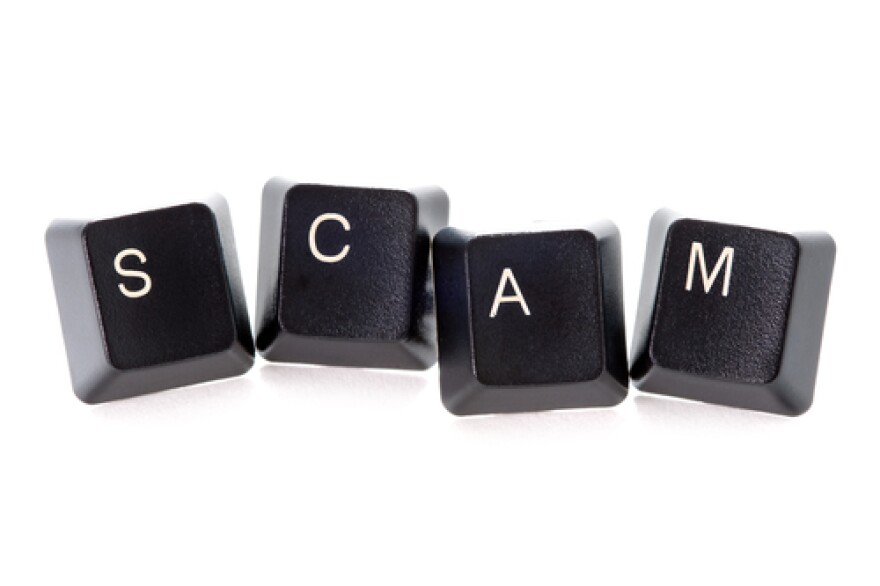Health insurance companies aren’t the only ones competing for your money as the Affordable Care Act’s deadline approaches. Scammers are also trying to get in on the confusion. According to Jim Quiggle, a national spokesman for the. There are con artists use to get sensitive information – most often they’ll pose as representatives of government agencies.
In one popular “imposter scam,” the caller claims you’ve been selected to receive health insurance cards as part of the ACA, but before the card can be sent the fake federal worker requests data such as bank account numbers. In another scam, the con artists claim new Medicare cards will be mailed out and in order to continue receiving benefits you must provide personal data.
The truth is that there are no new Medicare cards being mailed out, and there is no insurance card associated with the ACA.
John Greeley, of the , says they have received calls about false insurance claims related to the ACA, but didn’t say the number. Nationwide, were filed with the Federal Trade Commission about so-called “imposter claims” in 2012 alone. And the FTC says law enforcement agencies are reporting an increased number of .
Here’s what you need to know to stay safe:
- There is no enrollment for the new online marketplace health insurance exchange until October 1st and after.
- There is no such thing as a “national” insurance card.
- Government agencies already have your personal information. So unless you contact a specific agency, you should never be asked to verify, or provide personal data.
- If you get an unexpected knock on your door from someone who claims to be a government employee, it likely ISN'T. You should receive advance notification of any official making a visit.
If you think someone’s tried to scam you, , or by calling 877-382-4357.





